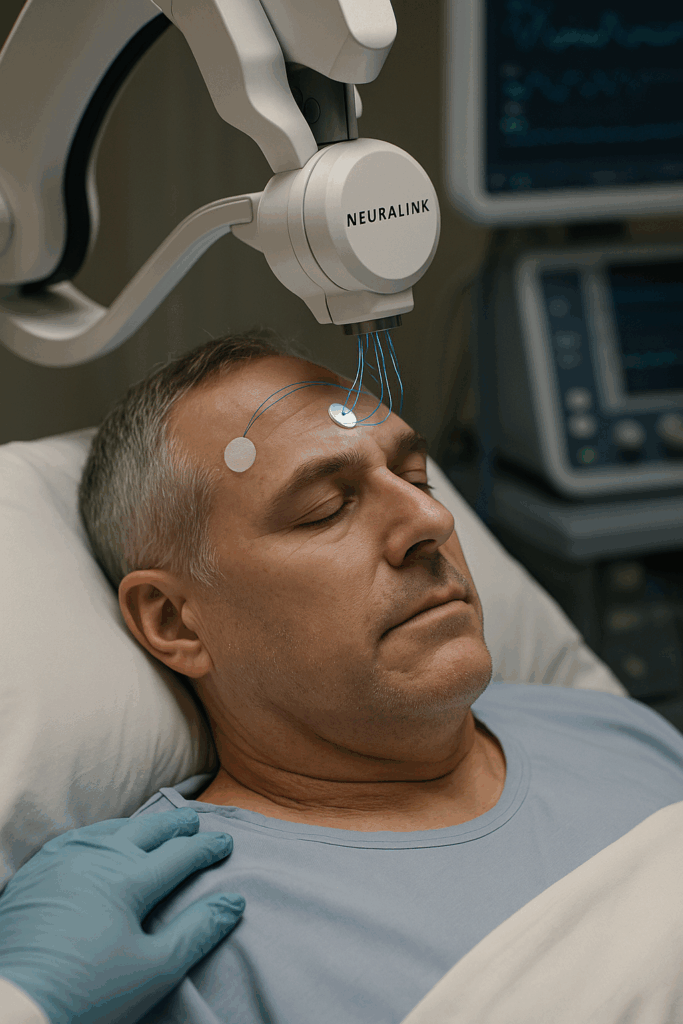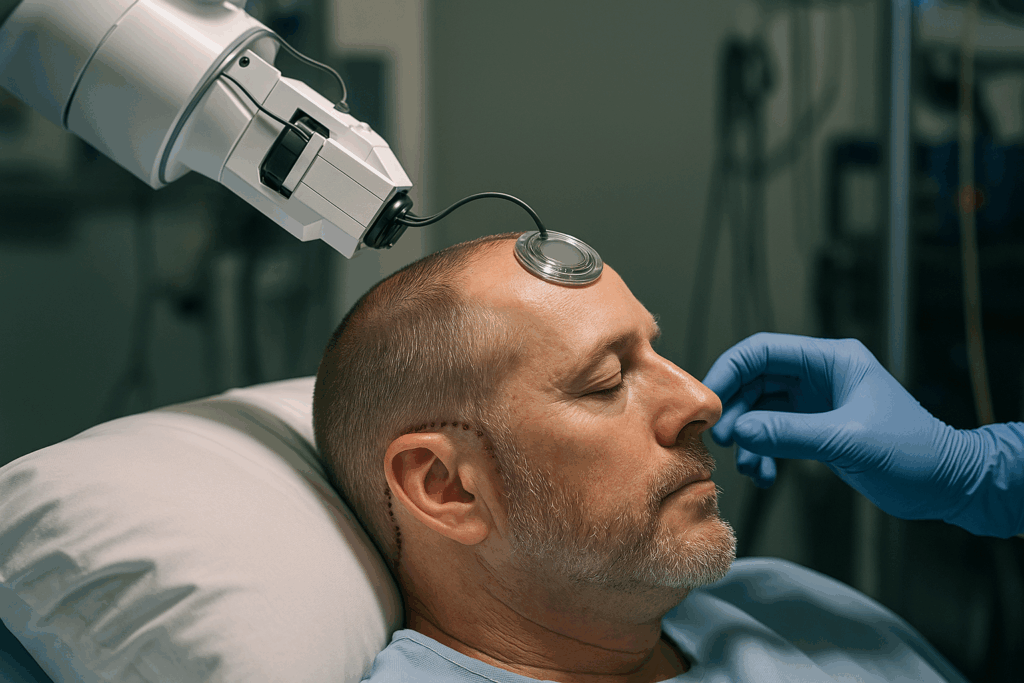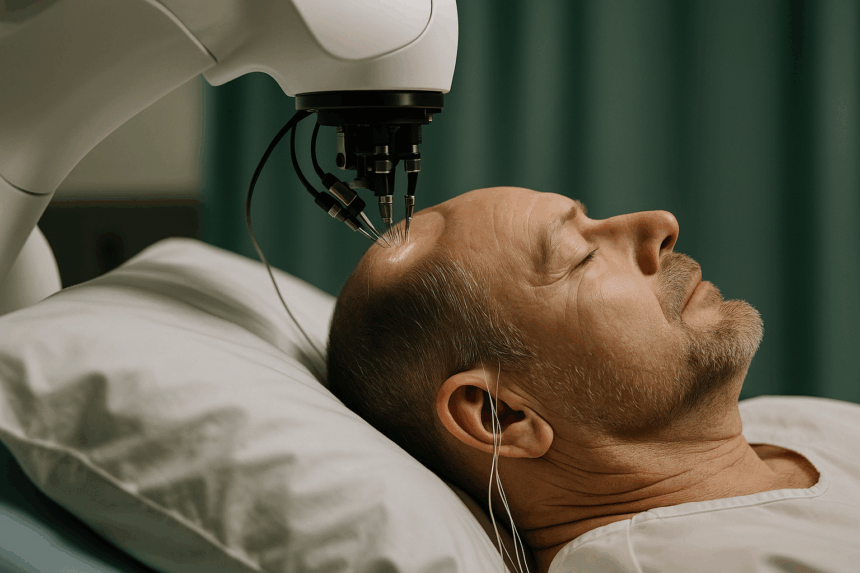Neuralink, Elon Musk’s brain-computer interface (BCI) company, recently implanted its device in its ninth participant. The groundbreaking technology aims to help people with paralysis control computers and smartphones using only their thoughts. This latest milestone marks rapid progress in Neuralink’s early clinical trials, offering hope to patients with spinal cord injuries, ALS, and other mobility-limiting conditions.
What’s Happening & Why This Matters
Neuralink announced it performed two implant surgeries in one day, a first for the company. Both participants are recovering well and remain in good spirits, according to the official statement posted on Musk’s social media platform, X. Neuralink did not disclose further details on the participants’ health or location but emphasized its commitment to supporting them on their journey with the technology.

The device connects the nervous system directly to digital devices by interpreting brain activity. Neuralink’s device allows users to interact with computers and smartphones without physical movement, opening doors for people with paralysis to regain independence. The first Neuralink implant surgery took place in January 2024, allowing a man with a spinal cord injury to play video games and chess using thought commands.
Since then, Neuralink steadily expanded its clinical trial group. The participants primarily suffer from conditions (e.g., spinal cord injuries, amyotrophic lateral sclerosis (ALS)) that progressively reduce physical mobility. Elon Musk has expressed hopes that 20 to 30 more participants will receive implants within the current year, pushing the technology closer to broader medical use.
Neuralink remains in the early stages of clinical trials, focusing on safety and functionality. However, Musk envisions the device’s potential to impact millions, even billions, worldwide. On X, he shared a hopeful message: “Imagine your loved one being able to walk again or your parent with dementia being able to recognise their child again.” The company’s long-term goal is to restore lost abilities and improve the quality of life for individuals with numerous neurological conditions.
Neuralink is part of a growing field of brain-computer interface research. Other studies explore BCI applications for cerebral palsy, dementia, stroke, and beyond. These developments indicate a future where technology seamlessly connects minds with machines, transforming healthcare and human interaction.

TF Summary: What’s Next
Neuralink’s implantation of its ninth participant marks a notable step forward in brain-computer interface clinical trials. The company is accelerating its efforts to prove the safety and effectiveness of its device for people with paralysis and related conditions. These early successes build optimism for expanded trials and eventual widespread adoption.
Neuralink will likely continue enrolling new participants and refining its technology. Regulatory approvals and real-world testing will shape the path toward commercial availability. Meanwhile, advancements in BCI research suggest a future where thought-controlled devices measurably enhance lives. The journey to integrate mind and machine is gaining pace, promising breakthroughs in medicine and beyond.
— Text-to-Speech (TTS) provided by gspeech


